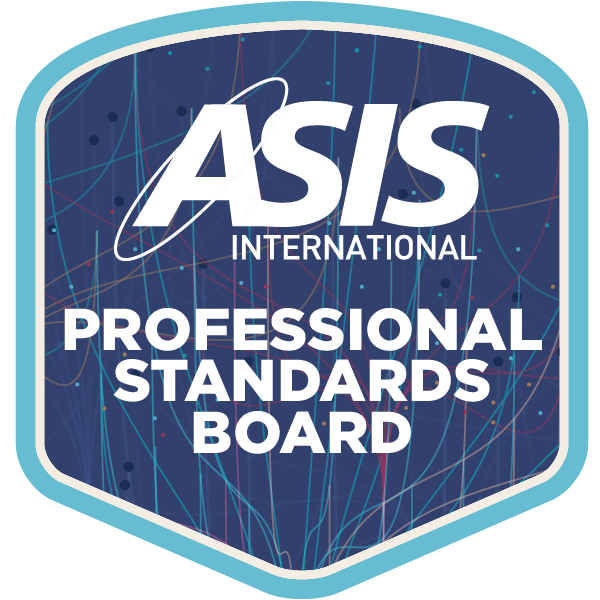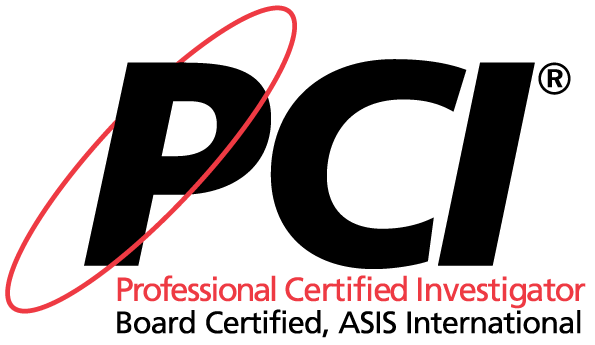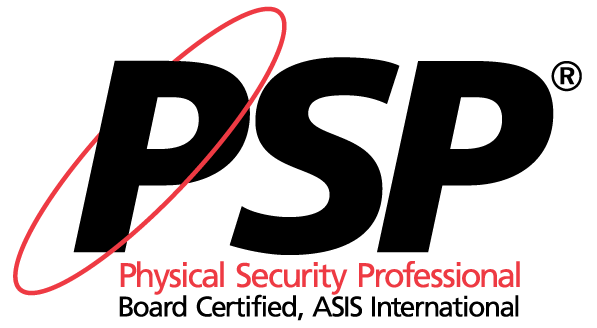Certified Security Specialist, Advanced (CSSA)
Security has changed over the years. The arrest-oriented, stereotypical security "guard" has been replaced by the proactive security "professional", who realizes loss prevention is the key to effective security, and knows how to avoid unnecessary liability risks.
The successful candidate for Certified Security Specialist, Advanced (CSSA) must complete the following training modules and score at least eighty-five percent (85%) on the written test.
CSSA Training Modules
Duties and Functions of a Security Officer
Includes the all-important segment which stresses the important differences between the roles of public law enforcement and private security.
Fundamentals of First Aid and Fire Safety
More than the basics, this also emphasizes what NOT to do, thereby encouraging the prevention of loss occurring as a result of negligence or inappropriate intervention.
Report Writing
As with much of the seminar, actual case histories show just how important it is to maintain thorough and accurate written reports.
Driver Safety
How to accomplish two important goals: driving safely while patrolling effectively; and driving in a manner which promotes a strong positive public image, while in uniform and driving to and from duty.
Liability Awareness
A thorough and systematic approach. Not just "Keep a lookout for spills, trip hazards and inappropriately lighted areas." Participants are presented with a variety of scenarios, including unusual (yet very real) potential liability situations, to enhance their learning of specific methods of prevention using appropriate risk assessment and response. Included within this seminar are concepts related to "Use of Force Continuum," "Access Control," and other relevant topics.
Crisis Intervention, Interpersonal Communication, and Cultural Diversity
It's the nature of the job: security personnel often meet people under less than ideal circumstances, including physical injury or emotional turmoil. "Words" are important, as are behaviors, and some situations can be either escalated out of control, or diffused instantly, simply by the security professional's choice of word or body language. Again, using actual case histories, participants learn from the mistakes of others, and are given examples of specific phrases and body language...some to avoid, some to use.
Advanced Patrol Techniques
Effective Patrol is more than just being "present," or being a "trained observer." Effective patrol must be a proactive approach to maximizing the overall security efforts. Specific evidence-based skills and techniques are presented to accomplish that objective.
Crime Prevention
Too often, this role is confused with providing "law enforcement duties," such as apprehending suspects, and that, unfortunately, is what many people (tenants, visitors, and even some security officers) incorrectly see as Security's sole purpose. Participants learn the essentials and importance of effective crime prevention, and what their role is in accomplishing it.
This seminar is the only workshop of its kind, made possible by Mr. Villines' active involvement in providing expert testimony in cases involving security issues, and his extensive experience in premises security.
|









